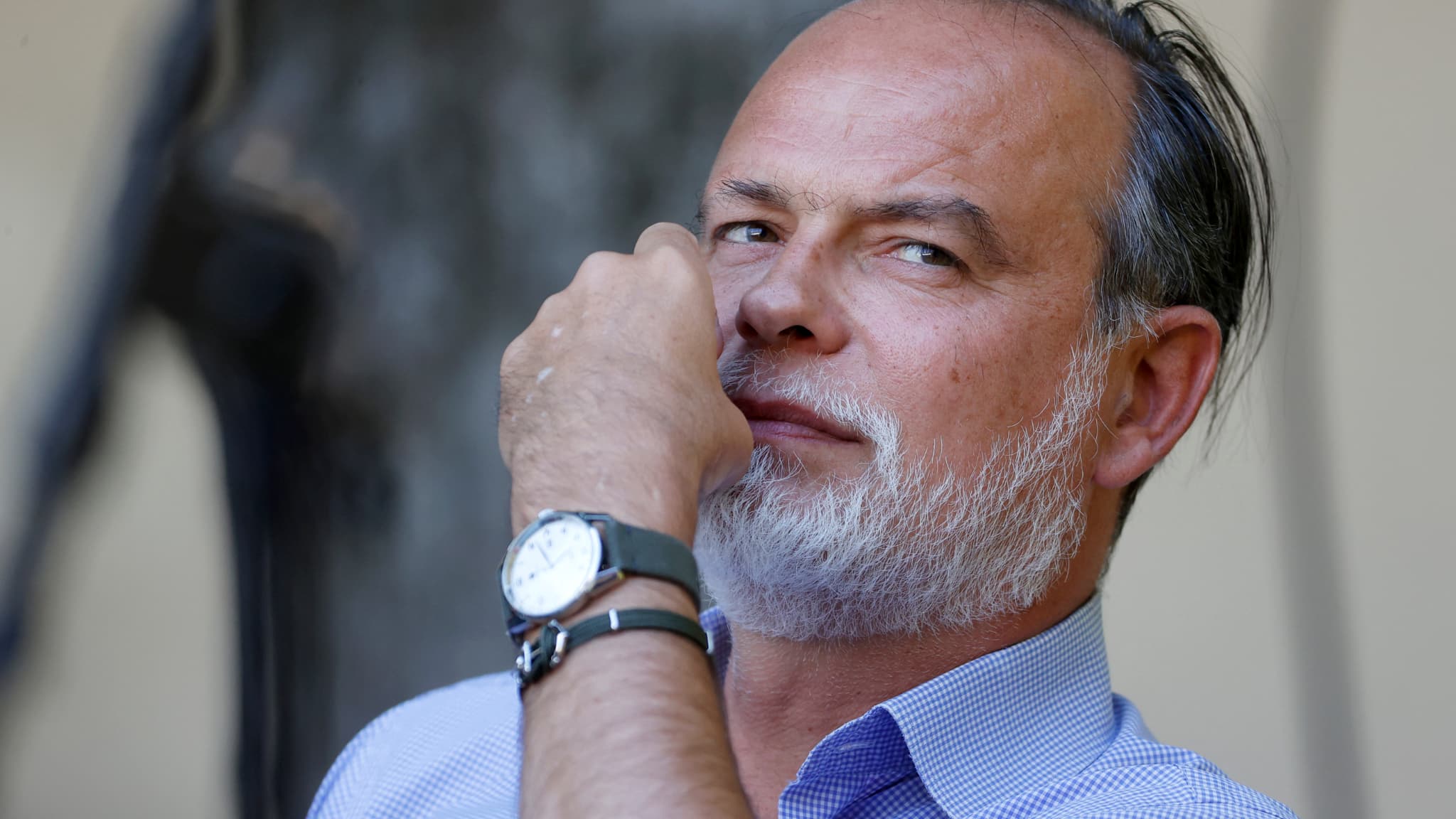
Edouard Philippe's Moment of Crisis: Patrick Cohen's Perspective
## Philippe's Perspective
### The Failed Legislation
The legislation that Philippe failed to pass was a controversial bill to reform the French pension system. The bill aimed to raise the retirement age and increase contributions to the pension fund. It faced stiff opposition from trade unions and the public, who argued that it would unfairly burden workers and the poor.
In the interview, Philippe defended the bill, saying that it was necessary to ensure the long-term sustainability of the pension system. However, he admitted that he had underestimated the level of opposition to the bill and failed to build sufficient support for it.
### The Political Crisis
The failure to pass the pension reform bill triggered a major political crisis. Philippe's government lost the confidence of the National Assembly, and he was forced to resign. This was the first time in decades that a French prime minister had been forced to step down due to a parliamentary defeat.
Philippe said that he was "deeply disappointed" by the outcome but that he respected the decision of the Assembly. He also expressed concern about the future of French democracy, saying that it was "essential" to find ways to bridge the divide between the government and the people.
## Different Perspectives on the Crisis
Philippe's perspective on the crisis is just one of many. There are a variety of other viewpoints on the events that transpired, reflecting the complex nature of the situation.
### Opposition Viewpoint
Opponents of the pension reform bill argue that it was unfair and unnecessary. They say that the government should have focused on other ways to address the challenges facing the pension system, such as increasing taxes on the wealthy or reducing benefits for high earners.
Opponents also criticize Philippe for his handling of the crisis. They say that he was too arrogant and dismissive of their concerns. They argue that he failed to listen to the people and that his resignation was a sign of his inability to lead.
### Government Viewpoint
The government maintains that the pension reform bill was necessary to ensure the long-term sustainability of the pension system. They say that the bill was fair and balanced and that it would have benefited all French citizens.
The government also defends Philippe's handling of the crisis. They say that he was a strong and decisive leader who did his best to navigate a difficult situation.
## Journalistic Analysis
Journalists have also weighed in on the crisis, offering their own analysis of the events. Some journalists have been critical of Philippe, arguing that he was out of touch with the concerns of the people. Others have defended Philippe, saying that he was a victim of circumstances and that he did his best to resolve the crisis.
One journalist wrote that the crisis "revealed a deep divide between the government and the people." Another said that the crisis was "a wake-up call for French democracy." It is clear that the crisis has had a significant impact on French politics, and it is too early to say what the long-term consequences will be.
## Conclusion
The crisis has raised important questions about the role of government, the relationship between the government and the people, and the future of French democracy. It is an important reminder that democracy is a fragile thing and that it must be constantly defended.
Post a Comment